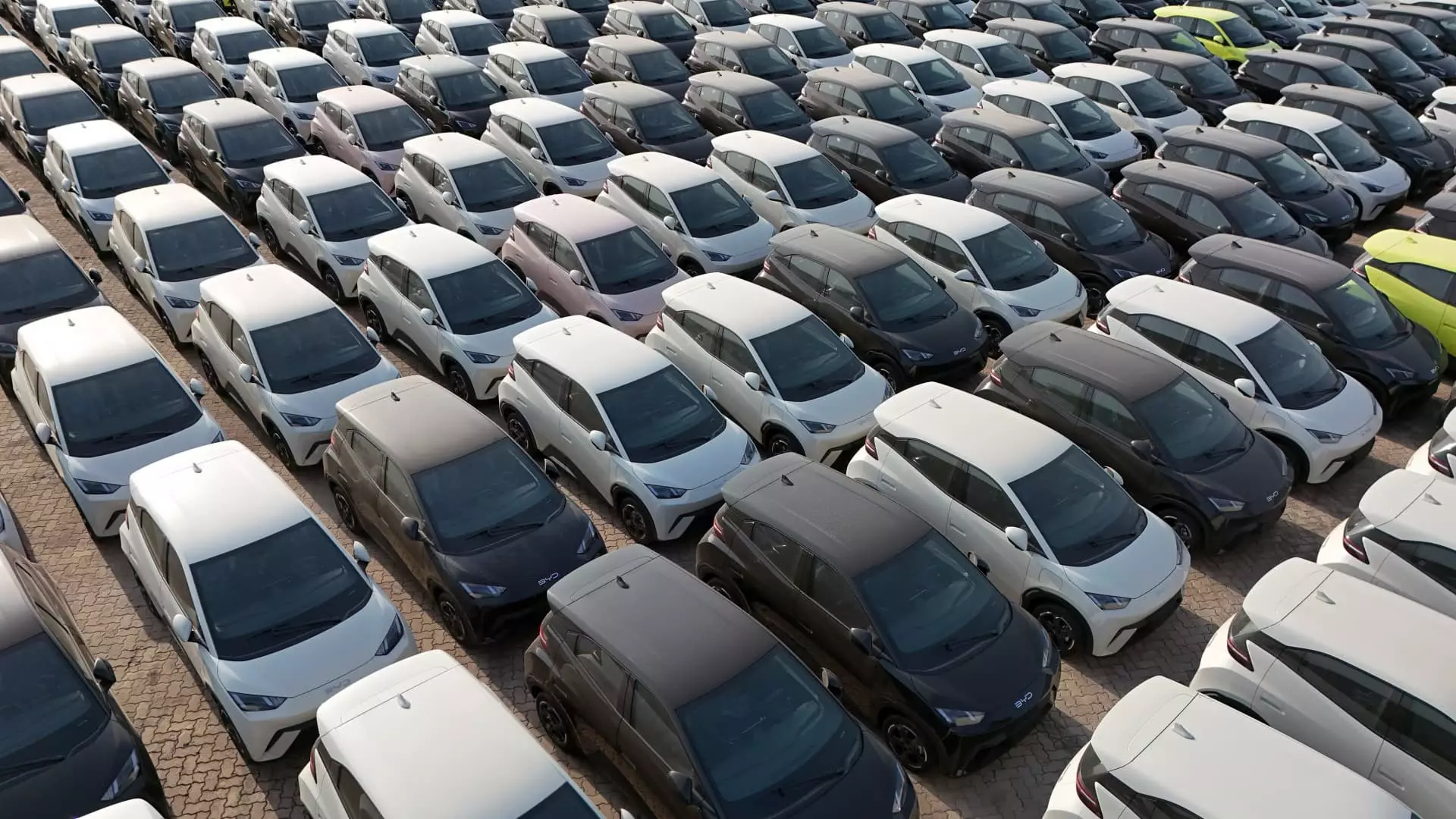The Chinese government recently criticized the European Union for imposing tariffs on electric vehicle imports. They believe that the EU’s investigation into China’s subsidies for the electric vehicle industry is biased and has led to unfair competition. The Ministry of Commerce spokesperson stated that Beijing will take all necessary measures to defend the legitimate rights and interests of Chinese companies. This shows a clear indication of the tension between China and the EU over trade policies.
On Tuesday, the European Commission decided to lower import duties on electric vehicle manufacturers, including Tesla, importing cars into the EU from China. The tariffs on Tesla were set at 9%, much lower than the previously expected 20.8% rate. This move comes as a response to concerns from the EU about the impact of China’s generous subsidies on the electric vehicle industry. The Commission also reduced tariffs on other Chinese electric car makers like BYD, SAIC, and Geely. However, the Chinese Commerce Ministry expressed disappointment that the EU did not fully consider China’s opinions in its final ruling.
The Chinese government and the EV industry provided extensive legal documents and evidence to support their position. They highlighted the negative impact of EU tariffs on the global automotive supply chain, including in Europe. The Ministry of Commerce criticized the EU for unilaterally identifying facts and not taking both parties’ perspectives into account. China firmly opposed the EU’s decision and expressed a desire to resolve trade disputes without escalating tensions further.
Despite the disagreement over tariffs, China hopes to find a resolution with the EU and avoid escalating trade frictions. Both parties have stated their willingness to engage in dialogue and find practical solutions to the ongoing trade disputes. It is essential for both China and the EU to work towards a mutually beneficial agreement that supports fair competition in the electric vehicle market.
The conflict between China and the EU over tariffs on electric vehicle imports highlights the challenges of global trade relations. Both parties need to address their differences through constructive dialogue and find a balanced solution that promotes fair competition and benefits consumers on both sides.


Leave a Reply